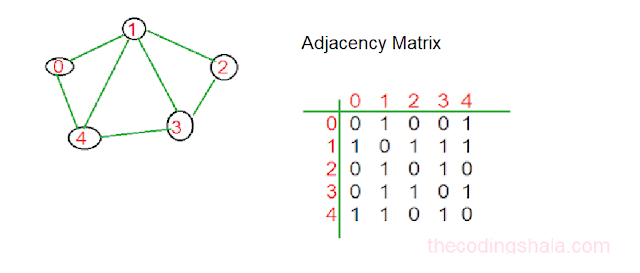Data Types and Modifiers in C++ - The Coding Shala
Home >> Learn C++ >> Data Types and Modifiers in C++
Data types and Modifiers in c++
In every program we need to store values for that variable are used. Variables are just reserved memory location to store values. every variable reserve some space in memory. Data Types are used to define the type of data a variable can hold, for example, a character type variable can hold character data, integer variable can hold integer data. data types are necessary to define with variables.
Data types in C++ are divided into three groups -
- Primitive Data types or Built-in Data Types
- Abstract or user-defined data types
- Derived Datatypes
Primitive or Built-in Datatypes
These data types are predefined data types in c++ and we can use these data types directly to declare variables. The following image shows data types and their Keywords in C++ -
The following c++ program shows the basic use of Data types in c++ -
#include <iostream> using namespace std; int main() { int count = 1; //this is integer char a = 'a'; //this is char int a1 = 5; int b1 = 2; cout<<a1<<" "<<b1<<endl;; int ans1 = a1/b1; float ans2 = a1/b1; float a2 = 5; float b2 = 2; float ans3 = a2/b2; cout<<a<<endl; cout<<ans1<<endl; //integer cout<<ans2<<endl; cout<<ans3<<endl; //floating return 0; } Output:: 5 2 a 2 2 2.5
Datatype Modifiers in c++
Modifiers in c++ are used with the built-in data types to modify the length of data that a data type can hold. Data types Modifiers available in c++ are -
- Signed
- Unsigned
- Short
- Long
The size of these data types can vary depending on the compiler and computer architecture. We can display the size of data types using the size_of() function. The following c++ program displays the size of data types -
#include<iostream> using namespace std; int main() { cout << "Size of char : " << sizeof(char) << " byte" << endl; cout << "Size of int : " << sizeof(int) << " bytes" << endl; cout << "Size of short int : " << sizeof(short int) << " bytes" << endl; cout << "Size of long int : " << sizeof(long int) << " bytes" << endl; cout << "Size of signed long int : " << sizeof(signed long int) << " bytes" << endl; cout << "Size of unsigned long int : " << sizeof(unsigned long int) << " bytes" << endl; cout << "Size of float : " << sizeof(float) << " bytes" <<endl; cout << "Size of double : " << sizeof(double) << " bytes" << endl; cout << "Size of long double :" << sizeof(long double) <<" bytes" <<endl; cout << "Size of wchar_t : " << sizeof(wchar_t) << " bytes" <<endl; return 0; } Output:: Size of char : 1 byte Size of int : 4 bytes Size of short int : 2 bytes Size of long int : 8 bytes Size of signed long int : 8 bytes Size of unsigned long int : 8 bytes Size of float : 4 bytes Size of double : 8 bytes Size of long double :16 bytes Size of wchar_t : 4 bytes
Other Posts You May Like






Comments
Post a Comment